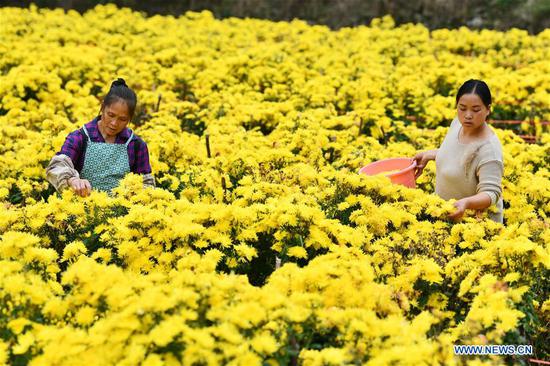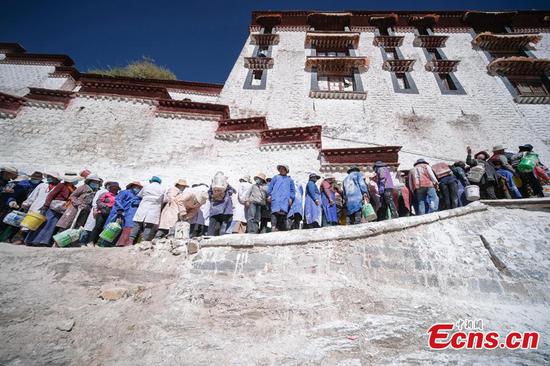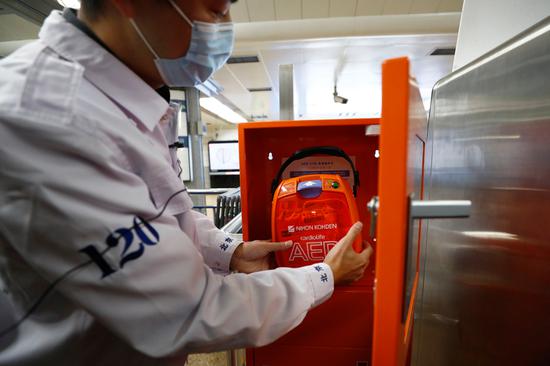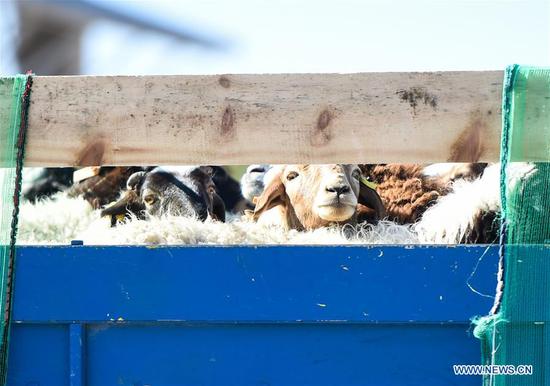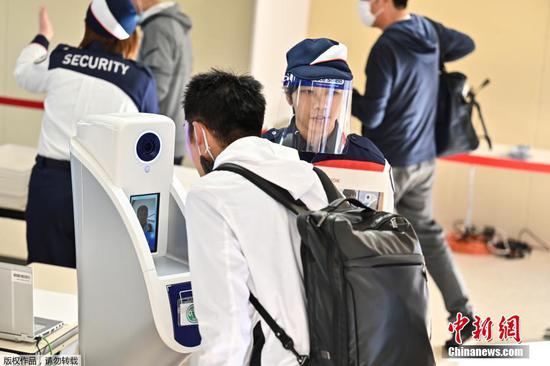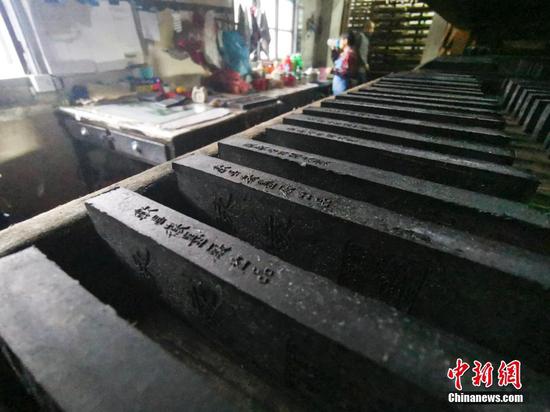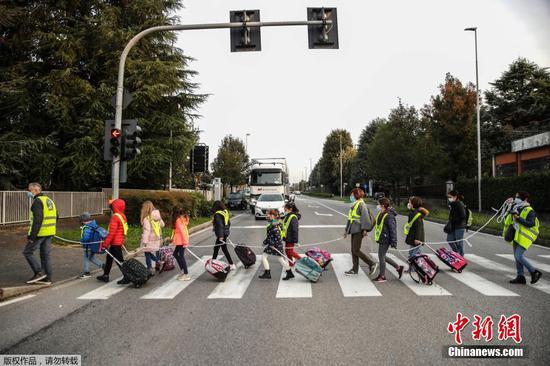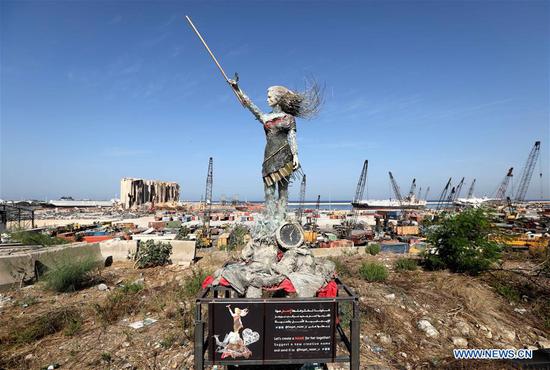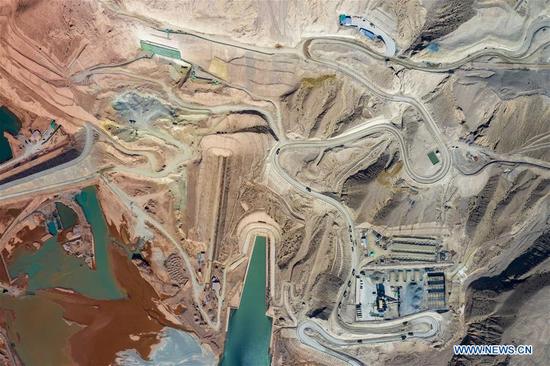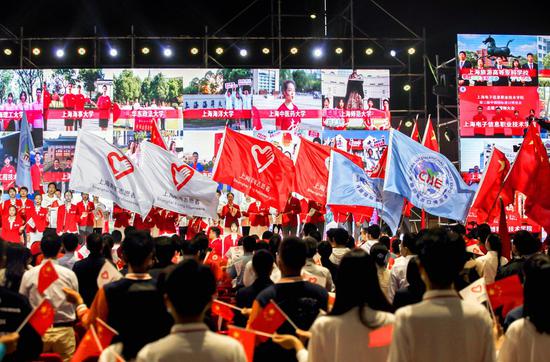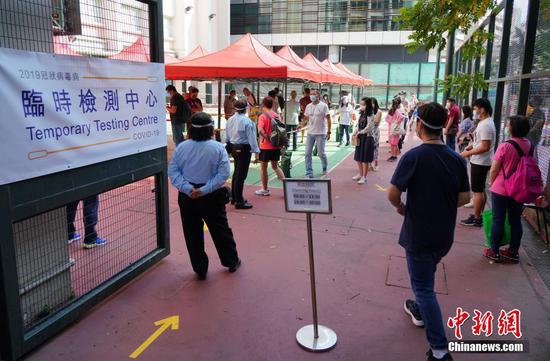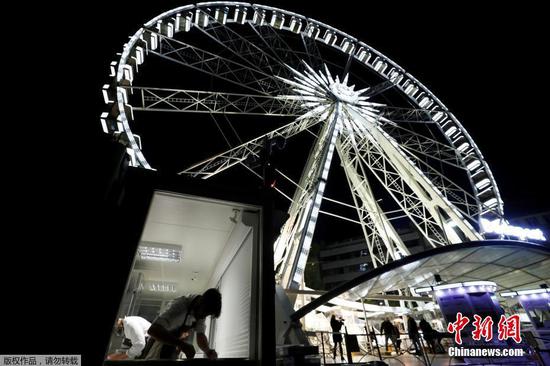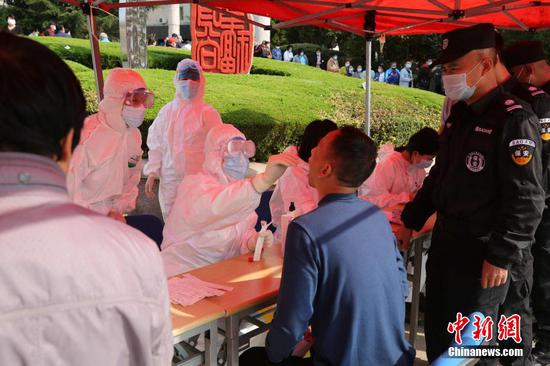In spite of the challenges posed by the COVID-19 pandemic, Serbia looks forward to presenting its products at the upcoming China International Import Expo (CIIE) in Shanghai with the aim of expanding its exports, a representative of the Serbian Chamber of Commerce and Industry (PKS) told Xinhua in a recent interview.
Mihailo Vesovic, director of the Division for Strategic Analyses, Services and Internationalization at the PKS, spoke highly of the role the previous editions of the CIIE and its accompanying events played in developing China-Serbia trade exchanges in the past two years.
"After two years of participation, it became clear that this fair delivers concrete results, especially when it comes to increasing the scale of trade and exporting Serbian products in the field of the food industry," he said.
"Even in this period of difficulties in economic relations caused by COVID-19, in the first eight months of this year, we managed to increase the export of food products by 50 percent, and it was exactly these products that were presented at the fair in Shanghai. This is why we decided to participate in it again."
According to Vesovic, "fairs like this one enable us to show to a wider circle of Chinese businesspeople what Serbia can offer, and what can in the future become recognizable products in our trade exchanges with China."
Vesovic said that thanks to virtual platforms and online fairs, businesspeople around the world continued to maintain contacts despite the global pandemic but insisted that face-to-face meetings at venues are "instrumental in making new business and personal contacts."
He said that Serbia's exhibition space at the CIIE will cover 200 square meters, where 12 companies will showcase their products.
"Last year, we made 250 new contracts, and the contracts that were signed brought the benefit of around 3 million euros (3.55 million U.S. dollars)," Vesovic said.
The comprehensive strategic partnership between China and Serbia "provides results both when it comes to investments and when it comes to trade -- and it opened up whole new prospects for cooperation between China and Serbia as well as in the wider region."
"We all know how important Chinese investment is for industrial production in Serbia," he said, recalling that China's Zijin Mining has become the owner of the Mining and Smelting Combine in the Serbian city of Bor, that the HBIS Group owns the steel plant in Smederevo, and that the China Road and Bridge Corporation (CRBC) is "one of the most important and most active participants in the development of Serbia's road and railway infrastructure."
These Chinese companies are the "lifeblood of the remainder of the production chain," and have strong technological ties with other private companies in Serbia, he said.
Bilateral cooperation is also strong in the field of new technologies, Vesovic explained, and now Serbia would like to attract Chinese investors in its food industry.
He said that the two countries' economic cooperation owes much of its success to the Belt and Road Initiative, which has already delivered results, started several infrastructural and investment projects, and "created an opportunity for us to upgrade our technological cooperation."












